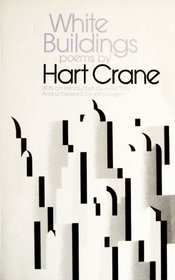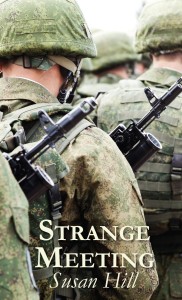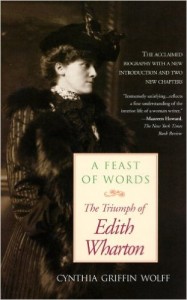That’s what The Daily Mail quotes superstar Irish novelist Marian Keyes as having recently said:
“I only read women. I know that men write books. But their lives are so limited. It’s such a small and narrow experience….Their literature just really can’t match anything written by a woman. I just think ‘**** off’.”
If you haven’t heard of her, she’s written thirteen novels, sold tens of millions of books, and seen her work translated into several dozen languages.
Her dismissal of male authors was seconded by journalist Suzanne Moore, who complained that woman authors aren’t taken seriously. She also warned readers of The Guardian, where she made these comments, not to send her names of great male writers since she knew who they were because she’d had “an education.”
Those remarks made me think of my own education.
I was an English major in college. Along with the usual male suspects we read Jane Austen, Anne Radcliffe, the Brontes, Mary Shelley, Emily Dickinson, Mrs. Gaskell, George Eliot, Edith Wharton, Kate Chopin, Virginia Woolf, and Charlotte Perkins Gilman. In graduate school along with Conrad, James, Kingsley Amis, Graham Greene, Alan Sillitoe, Anthony Powell, and Phillip Roth, we read Toni Morrison, Elizabeth Bowen, Iris Murdoch, Gertrude Stein, Doris Lessing, Susan Hill, Margaret Drabble, Jean Rhys, Muriel Spark.
But more importantly than all of that, on my own I’ve read dozens of women writers including Agatha Christie, Ann Tyler, Elizabeth Taylor, Rebecca West, Anais Nin, Elizabeth Gaskell, Daphne du Maurier Olivia Manning, Ruth Rendell, Francine Prose, Anita Brookner, Elizabeth Braddon, Val McDermid, Stella Gibbons, Alison Lurie, Anzia Yezierska, Penelope Fitzgerald, Laurie R. King, C.S. Harris, Lori Rader-Day, Janet Fitch, Mona Simpson.
Those are the names of women authors that come most quickly to mind. I could add many more if I took the time to scan my library shelves. Should I have to? Gender has never mattered to me. I’ve always looked for fine writing and compelling stories. I often went on to read more by each author, sometimes hunting down everything in print if a first book hypnotized me.
Education isn’t a passive thing. It’s not just waiting for books to be assigned to you, it’s seeking out books that you think might change the way you see the world or at the very least, open the doors to a new one.
Marian Keyes admits that she reads an occasional book by a man, but she seems strangely limited herself to dismiss an entire gender’s writing so readily. Since she’s famous already, I’m sure what she’s said will gain her even more fans, because inflammatory remarks like hers are crowd pleasers and bound to go viral.
There may well be caps, t-shirts, and all sorts of swag. She might even get her own talk show. With no male guests if they’re authors, of course. Because what could they possibly have to say when their lives are so impoverished of experience?
Lev Raphael is the author of 26 books in genres from memoir to mystery, most recently State University of Murder.






